Politics
Lagos Colony: Story Of How Lagos Was Owned By British For 99 Years And Dominated By Igbos
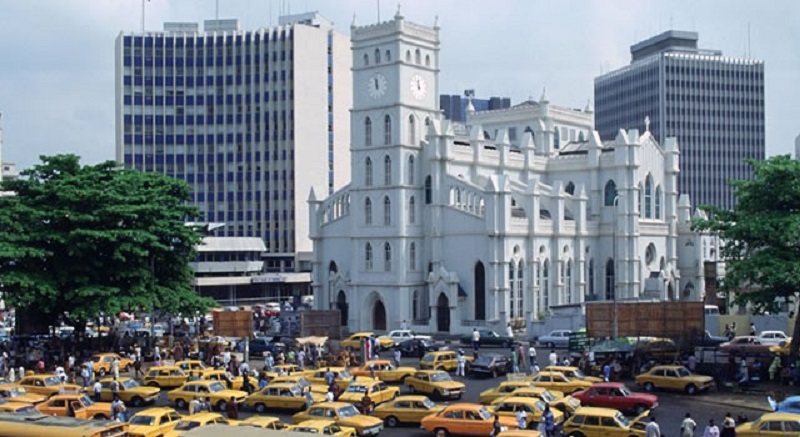
There have been so many assumptions and assertions on the development of Lagos especially since the emergency of the Labour Party (LP) governorship candidate, Gbadebo Rhodes-Vivour campaigning alongside other candidates.
VerseNews Nigeria gathered that so many people living in the state regards it as ‘no man place, a statement mostly used by foreigners in the state.
Igbo people are said to have dominated the South central and South eastern part of Nigeria. The Igbos are known to be business people and are excellent traders in any sector they find themselves. Their passion in doing business and dominating the market place will make one feel insecure and uncomfortable. Igbos has contributed immensely toward the development of Lagos. Most of the Igbos living in the city have built houses and own some properties in the state. Igbos living in Lagos dominates most of the business places and commercial areas.
It has become a proven fact that the Yorubas are known to be very accommodative and with Nigeria as a country, that altitude will not change. It is normal for one to feel uncomfortable when you dominate his house. We all have territories and we want to protect it at all cost. The world is globalized and that is why we can travel to the United States and one day become citizens. Despite the challenges, we are still Nigerians and believe the tribes and ethnic group division will strengthen Nigeria.
The advancement and popularity of Igbos in Lagos especially during this election period has caused a lot of misunderstanding between them and the yorubas. It is obvious that there is no more oneness among the tribes as different stories of attack emerges almost every day.
The risen of the two presidential candidates – Peter Obi of Labour Party (LP) and Aswaju Bola Tinubu of All Progressives Congress (APC) seems to be another attributed factor to fights between the two tribes especially after the presidential candidate.
Let’s look at Lagos State
Lagos State is a major African financial centre and is the economic hub of Nigeria located at the southwestern part of the country.
The city has been described as the cultural, financial, and entertainment capital of Africa, and is a significant influence on commerce, entertainment, technology, education, politics, tourism, art, and fashion. Of the 36 States in Nigeria, Lagos State is the smallest and most populous state with about 24.6 million inhabitants in 2015.
The origin of Lagos has its roots to the ancient Benin Kingdom domiciled in Edo State today. Lagos has been the home of different tribes, ethnic groups who have lived in peace for centuries. Virtually every area in Lagos has an historic origin with an Oba (King) who rules over the areas and the Eleko of Eko (Oba of Lagos) being the Chairman of the Council of Chiefs and Obas. Now one can understand while many foreigners regards the city as ‘a no man’s place’
According to reports gathered by this Online News Media, the Land called Lagos was owned by the British for 99years, from 1861-1960. Most of the initial development was done by the British.
Up till 1960, most Lagosians were British Subjects. On Independence most of them opted to join the Nigeria Federation, they could have got British passports if they wanted.
Here is what happened
“Lagos Colony was a British colonial possession centered on the port of Lagos in what is now southern Nigeria. Lagos was annexed on 6 August 1861 under the threat of force by Commander Beddingfield of HMS Prometheus who was accompanied by the Acting British Consul, William McCoskry. Oba Dosunmu of Lagos (spelled “Docemo” in British documents) resisted the cession for 11 days while facing the threat of violence on Lagos and its people, but capitulated and signed the Lagos Treaty of Cession.”
“Lagos was declared a colony on 5 March 1862. By 1872, Lagos was a cosmopolitan trading center with a population over 60,000. In the aftermath of prolonged wars between the mainland Yoruba states, the colony established a protectorate over most of Yorubaland between 1890 and 1897.
“The protectorate was incorporated into the new Southern Nigeria Protectorate in February 1906, and Lagos became the capital of the Protectorate of Nigeria in January 1914. Since then, Lagos has grown to become the largest city in West Africa, with an estimated metropolitan population of over 9,000,000 as of 2011.”





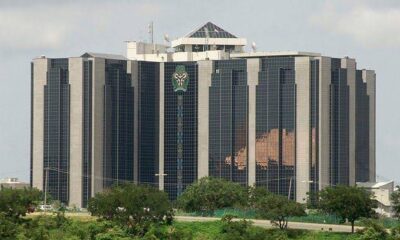

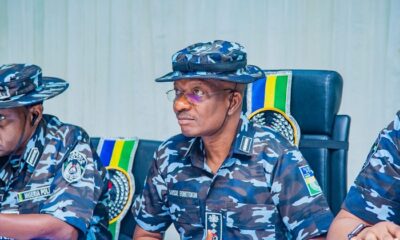



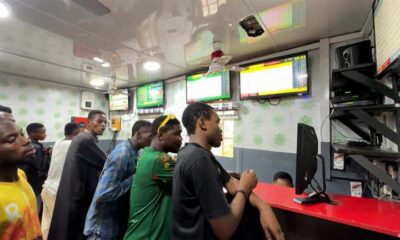



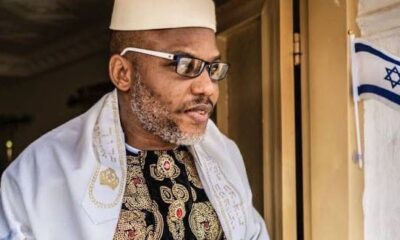





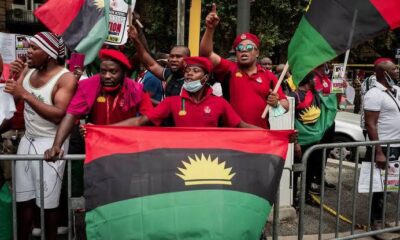

You must be logged in to post a comment Login